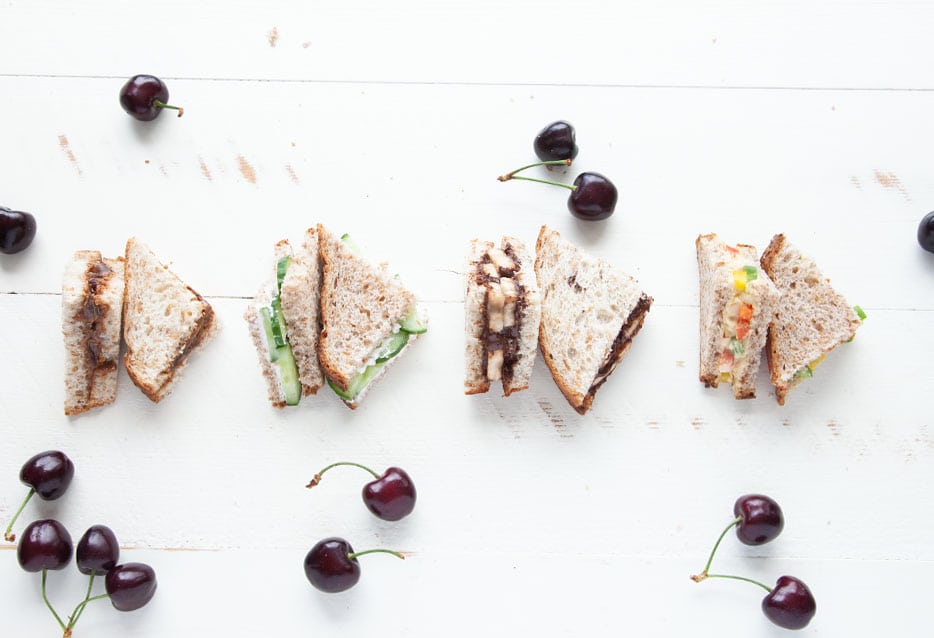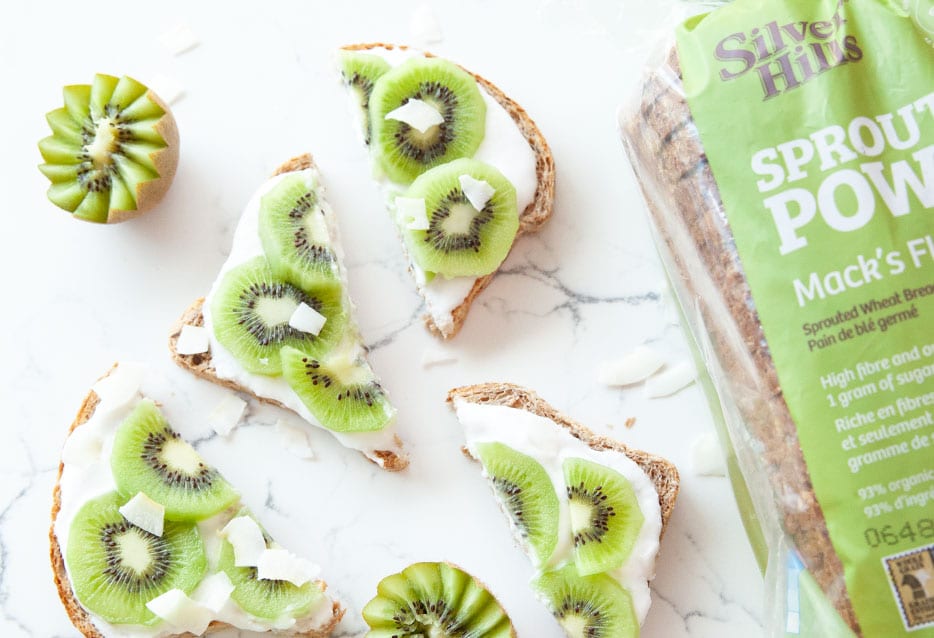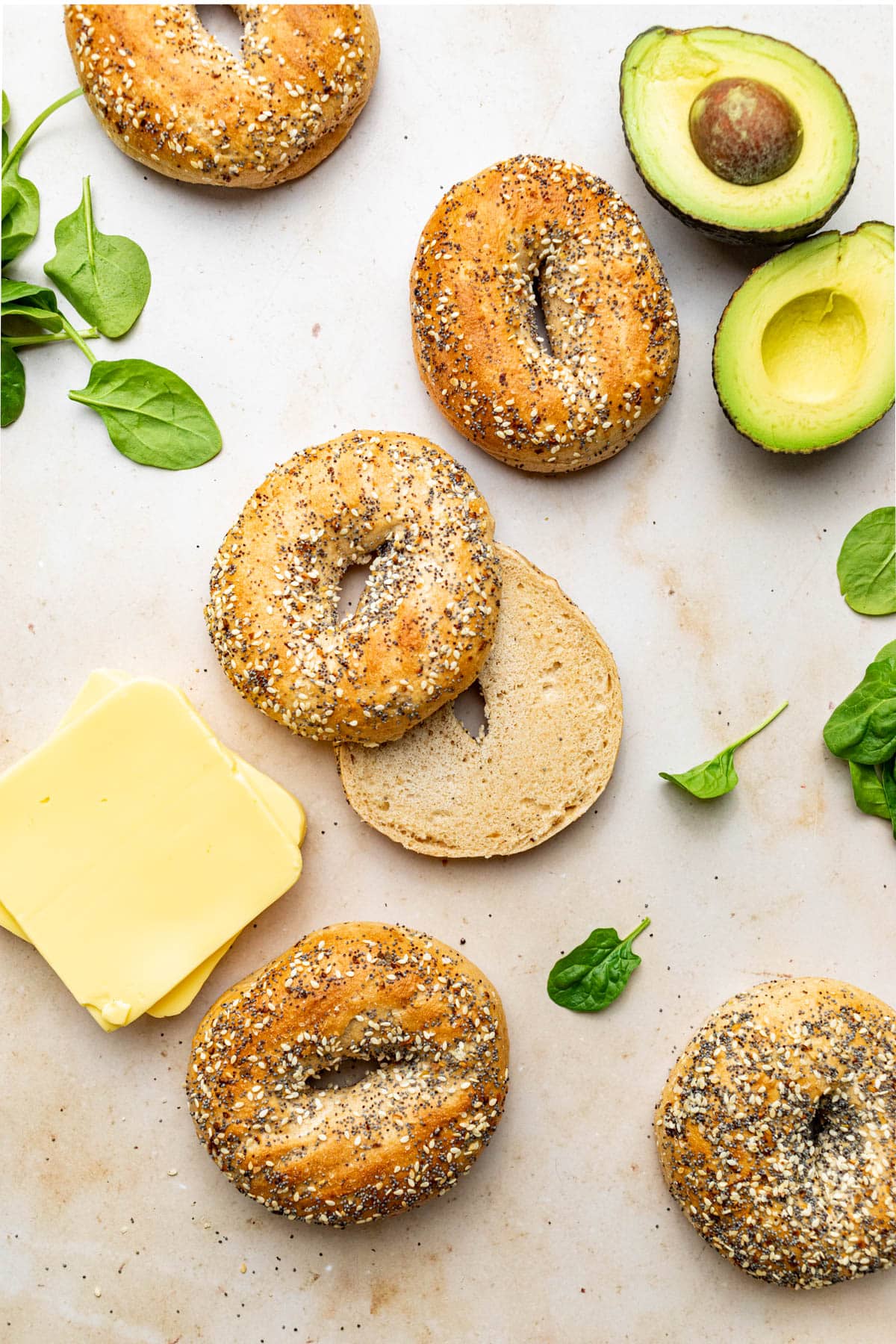Article What to Eat: Healthy Carbs for Athletes
From everyday athletes and amateurs to pros, healthy carbs deliver energy to fuel your goals
June 03, 2019

When we’re committed to—and loving—our healthy, active lifestyles, we tend to get into an athlete mindset and really start to focus on our fuel. What to eat pre- or post-race. To carb-load or not to carb-load. And how to best support our training efforts while helping our muscles repair faster to prevent injury.
Healthy Carbs Fuel Performance—and Recovery
Professional athletes have a lot at stake in how they fuel, and we would argue that although sponsorship deals and high-level competition might be off the table, there is a lot for everyday athletes to consider too. After all, when you’re done your workout, you still have family, friends, a job, and a personal life to attend to. Here’s how you can use healthy carbs as fuel to boost your workouts, replenish and recover, and be a pro at life:
Get Your Energy from Cereal Grains
Cereal grains are some of the richest sources of carbohydrates out there. Not only do whole grains contain lots of fibre to keep your digestive tract balanced, healthy and functional, they’re rich in vitamins and minerals and lower on the glycemic index (aka no sugar crash). We use a variety of different whole grains in our breads, buns, and bagels, so you have complete access to all of the amazing nutrients found in grains like wheat, rye, barley, amaranth, and more. Here’s some of our favourite loaves for athletes:
- Organic Sprouted Power™ Heritage Grain Big Red’s Bread– packed with delicious red fife wheat plus 21 ancient grains and seeds.
- Organic Sprouted Power™ Ancient Grain The Queen’s Khorasan– made from healthy Khorasan wheat plus millet, sunflower seeds, and black and white sesame seeds.
- Sprouted Power™ The Big 16– plenty of nutrients, thanks to 16 grains and seeds chosen for their energy potential.
- Sprouted Power™ Squirrelly– loaded with sesame and sunflower seeds plus healthy whole wheat and naturally sweetened with raisins.
- Organic 20 Grain Train– from oats to amaranth to quinoa to spelt, these 20 high-fibre grains and seeds pack a healthy punch.
Digest Easier with Sprouted Grains
We’ve said it before and we’ll say it again, there are a lot of benefits to sprouted grains that’s why we put them in every Sprouted Power™ bread, bun, bagel, and tortilla. One of the biggest wins of sprouted grains? They’re easier for your body to digest. That means keeping you on track with elimination and decreasing your chances of uncomfortable bloating or fullness that can sideline your efforts.
Eat Plant-Based Meals
You’ve probably never met a doctor in your life who would tell you to eat less vegetables, and for good reason. Plant-based whole foods are high in fibre, can provide your body with the natural sugars it needs to recover properly, and are chock full of vitamins and minerals. Eat more of these plant foods to support your sports and activities:
- Cherries and other berries – rich in antioxidants and phytochemicals, fruits such as cherries, raspberries, blackberries, and blueberries can help reduce inflammation, muscle soreness, and loss of strength1.
- Beans and legumes – packed with protein and fibre, these little wonders will keep you fuller, longer (especially great for endurance athletes).
- Bananas – think of these as a natural electrolyte. Since they’re high in potassium, they can help regulate your fluid intake and prevent muscle cramps.
- Cruciferous veggies – vitamin-rich veggies such as kale, broccoli, cauliflower, and spinach has been recommended as a key component of a healthy diet to protect your body against inflammation2.
- Hydrating fruits – natural sugar and high-water content from fruits such as watermelon, oranges, cucumber, and bell peppers can help replenish lost fluids.
Ready to stock your pantry with workout-ready bread? Use our store finder to locate a loaf near you.


